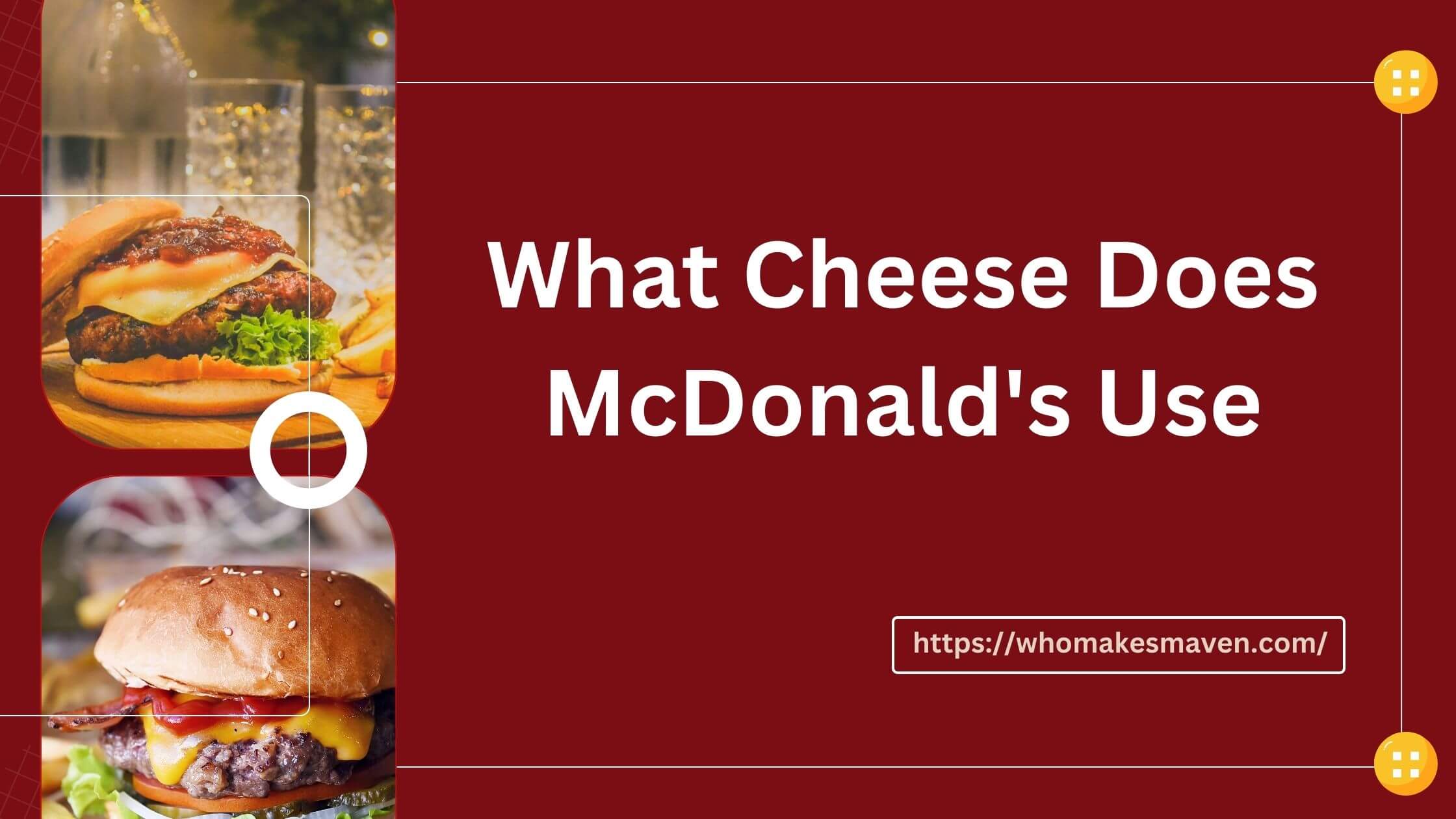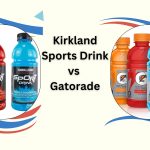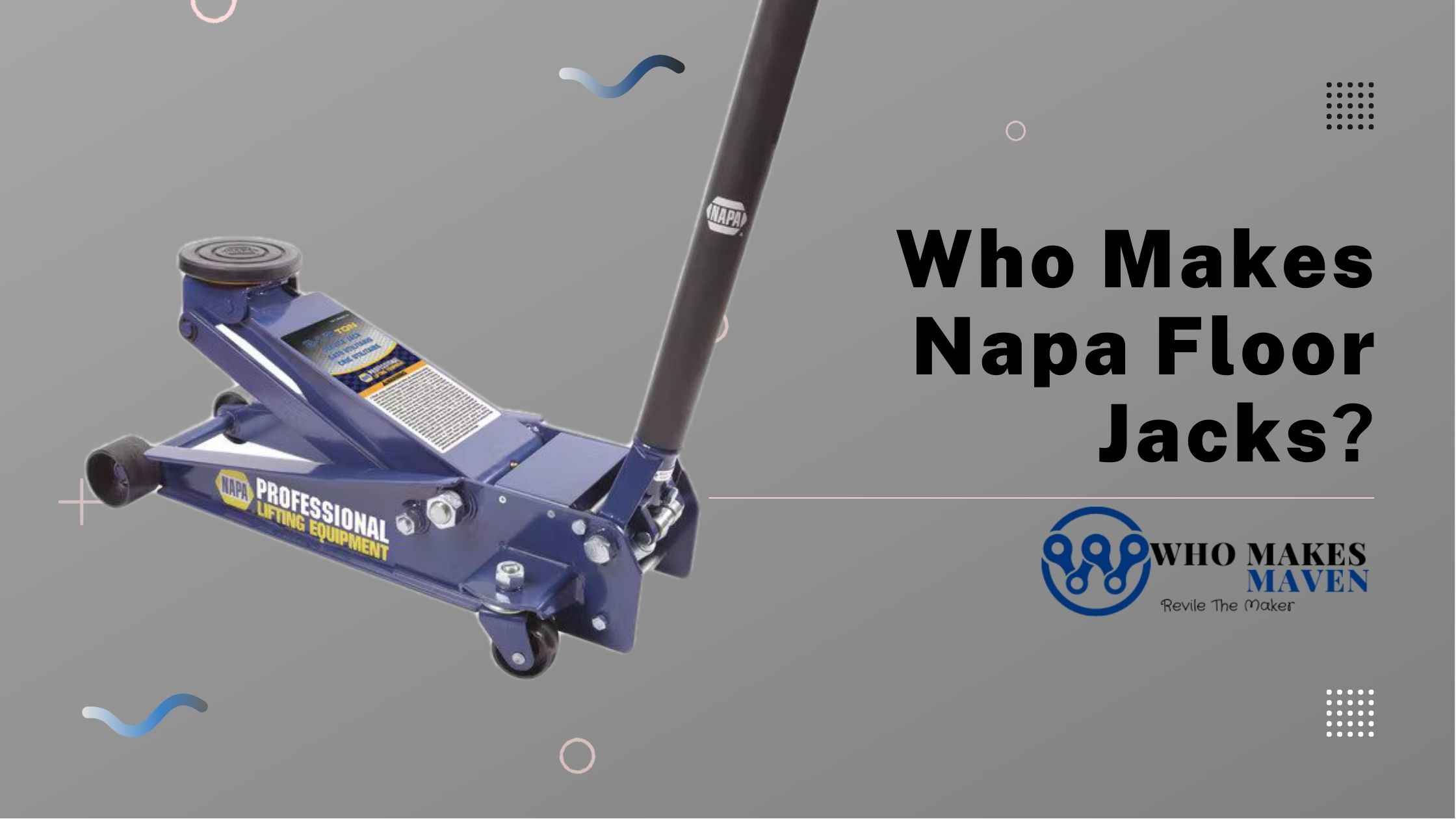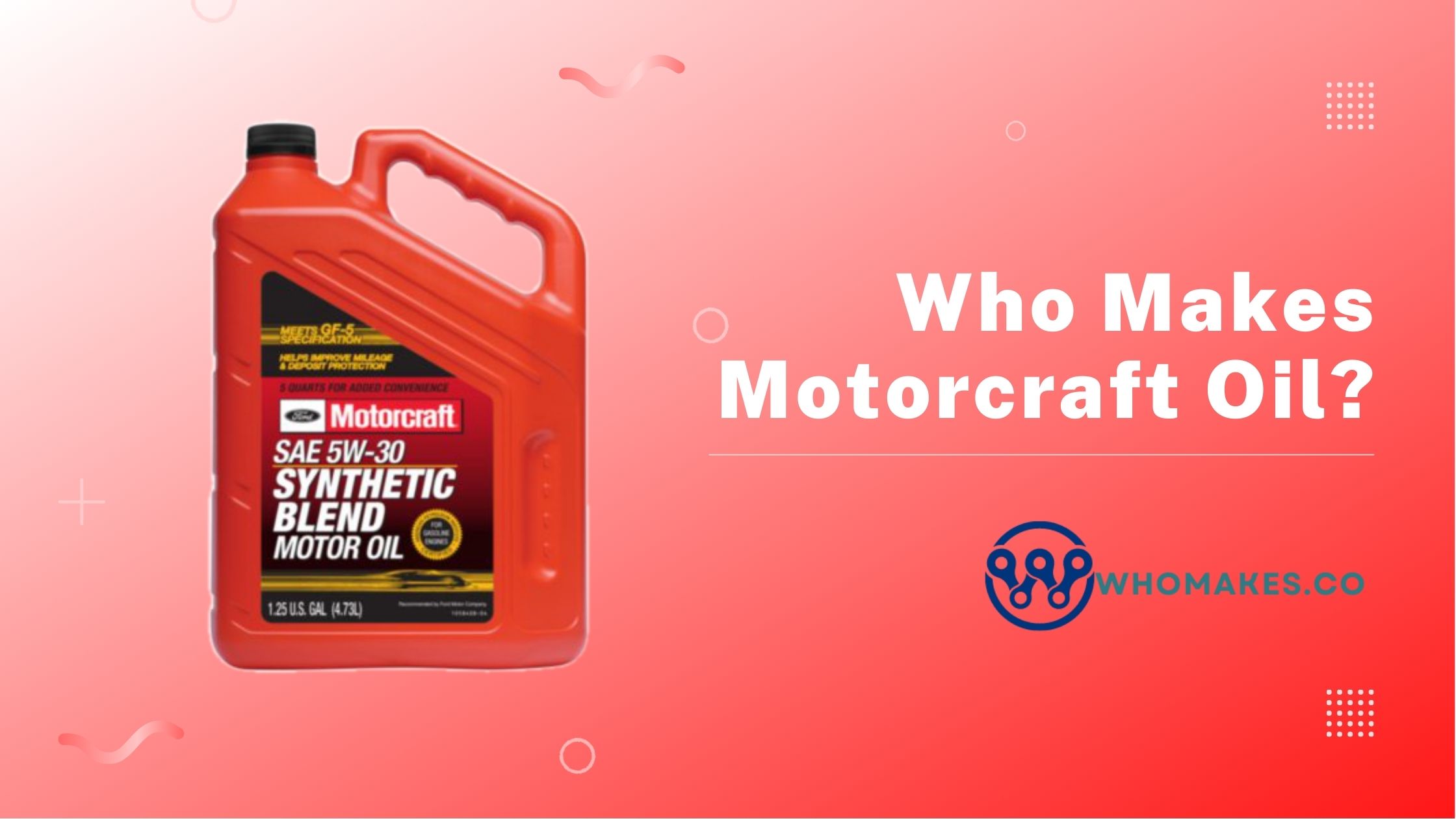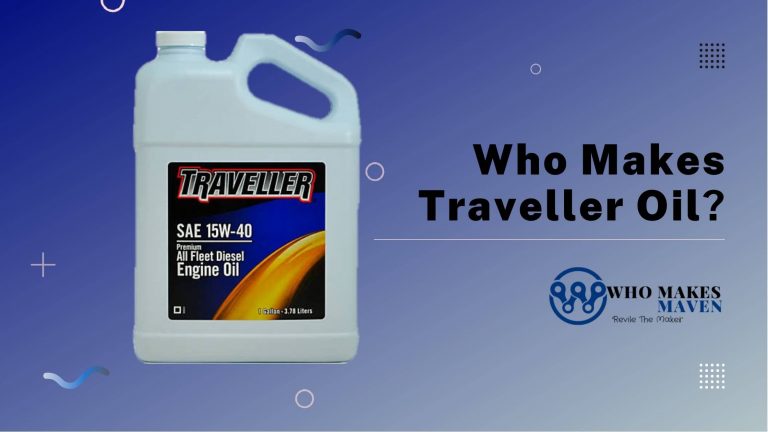What Cheese Does McDonald’s Use? Unveiling the Secrets Behind the Golden Arches’ Cheese
When it comes to iconic fast-food chains, few are as globally recognized as McDonald’s. Their menu is filled with classics like the Big Mac, the Quarter Pounder, and of course, the ever-popular cheeseburger. But have you ever wondered about the cheese that graces the patties of those quintessential burgers?
The answer is a processed cheddar cheese blend. McDonald’s has used this cheese blend since the 1950s, and it is made with 60% cheddar cheese and 40% other ingredients. The cheddar cheese comes from New Zealand, and the other ingredients are sourced from around the world.
Processed cheese is a type of cheese that has been blended with other ingredients, such as water, whey powder, butter, milk proteins, emulsifying salts, natural cheese flavoring, and food coloring. This makes it easier to melt and spread, and it also gives it a longer shelf life.
Some people prefer the taste and texture of McDonald’s cheese, while others find it to be too processed. Ultimately, it is a matter of personal preference.
Here are some of the pros and cons of McDonald’s cheese:
Pros:
- Easy to melt and spread
- Long shelf life
- Consistent flavor
- Affordable
Cons:
- High in sodium
- Low in nutritional value
- Contains artificial ingredients
- May not be suitable for vegans or vegetarians
Who Makes McDonald’s Cheese?
The Great Lakes Cheese Plant is one of the main suppliers of McDonald’s cheese. They produce a processed cheddar cheese blend that is specifically made for McDonald’s. The cheese is made with 60% cheddar cheese and 40% other ingredients, including water, whey powder, butter, milk proteins, emulsifying salts, natural cheese flavoring, and food coloring.
The Great Lakes Cheese Plant is located in Hiram, Ohio. It is one of the largest cheese plants in the world, and it produces over 1 billion pounds of cheese each year. The plant has a team of over 2,000 employees, and it is one of the most important suppliers to McDonald’s.
In addition to the Great Lakes Cheese Plant, McDonald’s also gets its cheese from other suppliers, such as Sargento Foods and Kraft Heinz. These companies also produce processed cheddar cheese blends that are specifically made for McDonald’s.
The exact composition of McDonald’s cheese is a closely guarded trade secret. However, it is known that the cheese is made with a blend of cheddar cheese and other ingredients. The cheese is also pasteurized, which means that it has been heated to a high temperature to kill harmful bacteria.
The Noteworthy Suppliers
McDonald’s cheese may come from a variety of suppliers, but one of the most prominent names is the Great Lakes Cheese Plant. Responsible for providing a staggering 18 million pounds of cheese annually to around 13,700 restaurants across the United States, this facility is nothing short of an impressive operation. Boasting a massive herd of 67,000 cows, it produces an astounding 1.1 billion gallons of milk each year – a testament to the sheer scale of McDonald’s cheese production.
Real Cheese, No Myths
Addressing one common urban legend, rest assured: McDonald’s cheese is far from plastic. While the individual cheese slices might be wrapped in plastic to prevent sticking, the cheese itself is the real deal. In fact, McDonald’s stands as one of the largest cheese buyers in the United States. The notion that their cheese is plastic likely stems from the consistent appearance achieved through artificial coloring and flavoring, both of which are perfectly safe and widely used in processed foods.
Behind the Scenes: Does McDonald’s Produce Its Own Cheese?
While McDonald’s is celebrated for its culinary creations, it doesn’t produce its own cheese. Instead, the brand relies on trusted suppliers to craft the cheese that adorns its burgers. This means you won’t find the exact McDonald’s cheese on supermarket shelves, but there are comparable alternatives available for your culinary experiments.
A Slice of Authenticity: The Cheese Variety
Surprisingly, McDonald’s takes a different route compared to many of its fast-food counterparts when it comes to cheese. While processed cheese is commonly used in the industry, McDonald’s opts for a slice of real American cheese. This choice contributes to the burgers’ richer flavors and more authentic tastes. Additionally, the cheese is strategically placed on the hot burger patties, ensuring it melts swiftly and evenly, guaranteeing each bite is a burst of flavor.
Beyond Flavor: Cheese’s Potential Health Benefits
Cheese, often associated with indulgence, could have unexpected benefits. It contains tryptophan, an amino acid pivotal in serotonin production – a neurotransmitter that plays a role in regulating mood. Some studies even suggest that tryptophan can help alleviate conditions like depression, stress, and anxiety. Notably, one study demonstrated tryptophan’s efficacy on par with light therapy in managing Seasonal Affective Disorder (SAD). So, next time you’re seeking solace from stress, that slice of cheese might be more than just a savory treat.
Balancing Act: Cheese and Heart Health
Cheese’s relationship with heart health isn’t straightforward. While it’s a rich source of protein, calcium, vitamin A, and phosphorus, it’s also laden with saturated fat and salt. Excessive consumption of these two elements can contribute to high cholesterol and blood pressure, both risk factors for cardiovascular disease (CVD). However, research paints a nuanced picture. Some studies suggest that cheese might actually offer protective benefits for the heart, possibly due to its antioxidant content.
In moderation, cheese can play a role in a balanced diet. Opting for low-fat varieties and controlling portion sizes can help mitigate the potential risks associated with saturated fat and salt intake.
Here are some additional questions that you may have about McDonald’s cheese:
- Why does McDonald’s use processed cheese?
McDonald’s uses processed cheese because it is a cost-effective and versatile option. Processed cheese is easy to melt and spread, making it perfect for burgers and other fast food items. It is also has a long shelf life, which means that McDonald’s can keep it in stock for longer periods of time.
- Is McDonald’s cheese vegan or vegetarian?
No, McDonald’s cheese is not vegan or vegetarian. It contains milk proteins, which are derived from animals. However, there are some vegan and vegetarian cheese alternatives that you can use on your McDonald’s burger.
- What are some alternatives to McDonald’s cheese?
There are many different types of cheeses that you can use as an alternative to McDonald’s cheese. Some popular options include:
* Cheddar
* Swiss
* Monterey Jack
* Pepper Jack
* Mozzarella
* Provolone
* Havarti
* Gruyère
* Emmental
You can also try using a shredded cheese blend. This is a good option if you want to add a variety of flavors to your burger.
- What are the nutritional benefits of McDonald’s cheese?
McDonald’s cheese is not a particularly nutritious food. It is high in sodium and low in nutritional value. However, it does contain some calcium, which is an important nutrient for bone health.
- What are the drawbacks of McDonald’s cheese?
The main drawback of McDonald’s cheese is that it is high in sodium. This can be a problem for people who are trying to control their sodium intake. McDonald’s cheese also contains some artificial ingredients, which may not be ideal for everyone.

